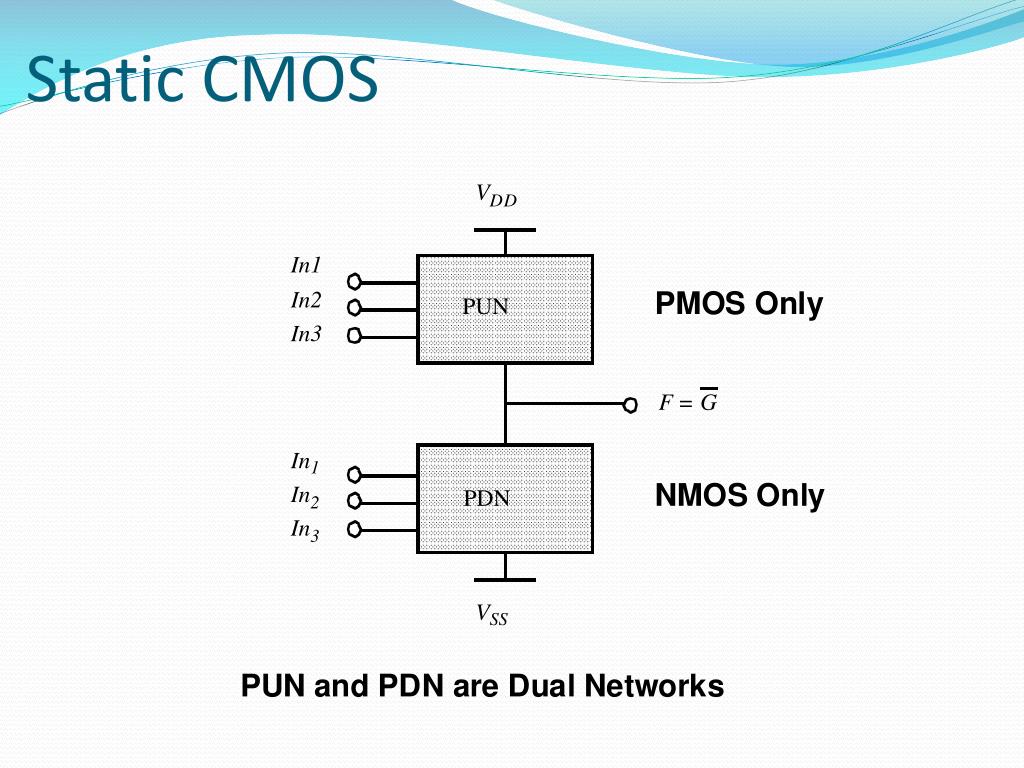

The output value of z depends on its previous value ( z is on both sides of the assignment).Its output only changes value on a rising edge of the clock.It is only sensitive to changes on its clock ( clk).The following VHDL process is sequential: process(clk) begin That means a change to any one of these inputs will cause the process to be re-evaluated. All its inputs are in its sensitivity list (the parenthesis after the process keyword).The following VHDL process is combinational: process(x, y) begin A sequential circuit is one that changes every clock cycle and that remembers its state (using flip-flops) between clock cycles.There is no need for a clock in a combinational circuit. A combinational circuit is one that implements a pure logic function without any state.The order of execution of statements, which can be sequential or concurrent.The type of logic, which can be sequential or combinational.I understand the meaning of these two words but I stillĬannot imagine why we can use "process" for combinational logic (ex. My biggest concern is difference between sequential and concurrentĮxecution. SEG_OUT : out STD_LOGIC_VECTOR (6 downto 0)) Īrchitecture dataflow of hex_display_decoder is Port ( D: in STD_LOGIC_VECTOR (3 downto 0)
#COMBINATION VS SEQUENTIAL LOGIC CODE#
Here is my code for a seven-segment decoder: library IEEE I would understand it if it was a sequential machine-a state machine.Ĭan somebody please explain this concept? What would be the difference if I implemented the decoder using process and a switch statement? I do not understand the word sequential execution of process when it comes to combinational logic. I have implemented my seven segment decoder as conditional assignment of concurrent statements. I understand the meaning of these two words but I still cannot imagine why we can use "process" for combinational logic (i.e.

My biggest concern is the difference between sequential and concurrent execution.

I have also searched through github repos containing VHDL code for reference.
#COMBINATION VS SEQUENTIAL LOGIC FREE#
I have been reading a free book called "Free Range VHDL" which assists greatly in understanding the VHDL language. I got familiar with a little bit of Verilog at school and now, one year later, I bought a Basys 3 FPGA board.


 0 kommentar(er)
0 kommentar(er)
